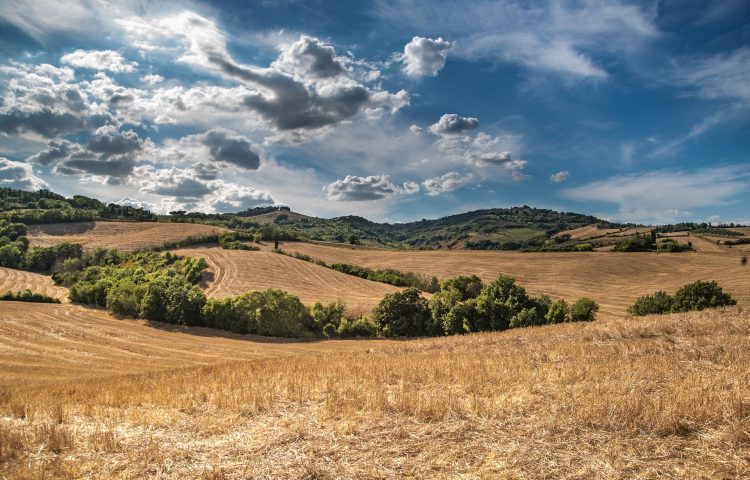
A conservation covenant is a legally-binding, voluntary, private agreement to protect or conserve the natural or heritage of a piece of land, including the building within it.
A conservation covenant can only be put into place, however, if it is for the public good, for example, benefits the public in some way, such as being of historical, artistic or cultural interest to the public. It must also have a conservation purpose, which can be for the land itself, or for the setting of the land in order to conserve the natural environment or the resources of the land. It does not need to include allowing public access, however., although it can if the parties agree it should. The landowner and responsible body can use the covenant to secure income for conservation activities or even to ensure that the future owners of the land continue with the conservation commitments.
Protecting or managing land for the conservation of a rare species, paying for biodiversity net gain, protecting habitats for the future and securing income and funding for conservation activities are all examples of why you may want a conservation covenant on a piece of your land. Other examples are ensuring that certain pesticides are not used to preserve native flora, or even conserving an architectural or heritage aspect within the land or building on it.
To create a conservation covenant, two parties must be involved – the landowner (freeholder or a leaseholder with more than 7 years remaining on the lease), and a responsible body. A responsible body is either a public body or charity whose main purpose or function is conservation, a local authority or a private sector organisation that has at least some of its main activities relating to conservation. Organisations must apply to DEFRA to become a responsible body.
The length of the covenant will depend on what is agreed between the landowner and the responsible body. If this is not expressly set out, then on freehold land it will last indefinitely and for leasehold land the remaining term of the lease. However, there may be specific requirements for the duration that you may need to put in place, for example, if it is used for biodiversity net gain, the agreement must run for at least 30 years. Remember, it will be legally binding for future landowners as well.
The conservation covenant must be executed as a deed by the two parties, which means it must be in writing and be clear that it is intended by both parties to be a deed. It will need to be validly executed and the way in which it is executed will be dependent on who the parties are.
The covenant must cover key elements of what the landowner and responsible body will do to conserve the land it covers. This should include one of the following – restrictive obligations, positive obligations or things that the landowner will allow the responsible body to do on the land. It can also include other aspects such as, but not limited to, money for maintenance, inspection reviews, payments made between the parties, monitoring, access and dispute resolution. In addition, a separate, legally binding management agreement can also be created to make changes to how the land is managed without having to make changes to the covenant.
Conservation covenants can be valuable to landowners but can be complex and we would recommend seeking legal advice from farm law specialists. You can contact our Agricultural team here for more information here.